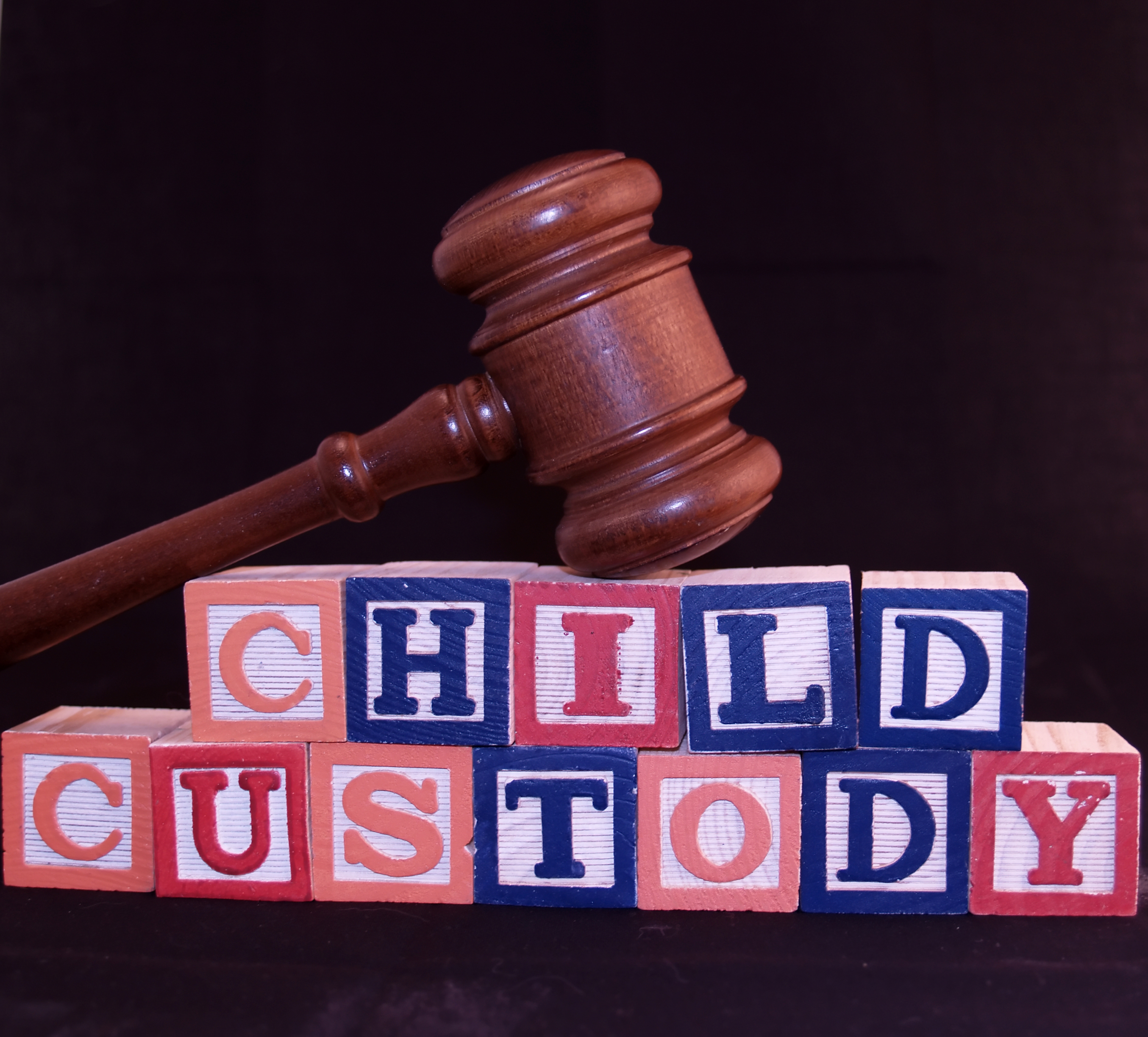Custody and visitation issues can be the difficult to resolve. After the break-up of a couple, the custodial parent sometimes seeks to convince the child that the ex is a bad person who was responsible for the dissolution of the relationship. This parent can also seek to make the child feel guilty if they like the non-custodial parent, and enjoy visitation. The bitter custodial parent treats the child as betraying him/her for wanting to spend time with the non-custodial parent. This creates stress on the child, who becomes conflicted. The problem is made worse when the non-custodial parent then dumps his/her emotional baggage on the child as well. The child is caught in the middle of two feuding parents, each using emotional levers to influence the child. The result is a child who is hesitant to go on visitation, or a child who actively assumes the custodial parent’s position and comes to hate the non-custodial parent.This is a very unhealthy situation.
I became very interested in this issue recently, as I was to start a trial involving a 7 year long custody battle, where the child is only 7 years old. The law guardian pointed out that regardless of the outcome of the trial, we would, in all likelihood, be back in Family Court the following month on a new petition. A new approach had to be tried.
The New York courts have become increasing aware that some custody issues do not go away with the judgment of divorce or the order of custody. The parties cannot work past their anger and instead use the child as a weapon and tool to hurt the other. In that recognition the courts have been working to find solutions to this problem. A parent who is otherwise fit, can be found unfit if they interfere with visitation or if they seek to alienate the child from the parent.  While that may serve as a deterrent, it may also add fuel to the fire, and ratchet up the tensions. The result is that the child suffers more emotion harm.In a decision published a couple of years ago, Brooklyn Justice, Jeffrey Sunshine addressed this problem. Justice Sunshine was a divorce attorney for many years before he took the bench. He is a very smart and thoughtful judge who really works hard to resolve the issues and achieve justice between the parties. In L.S. v. L.F., Justice Sunshine was faced with a post-divorce action where the child was reluctant to visit her father. The standard solution of appointing a law guardian and ordering a psychological evaluation and ultimately therapy for the child did not bear fruit. When he spoke to the child in camera, Justice Sunshine came to the conclusion that the parental discord and the constant fighting over visitation issues was part of the larger problem. He then appointed a parenting coordinator. The role of the parenting coordinator, explained Justice Sunshine would be to “assist the parties in establishing regular visitation with the child…It is anticipated that the coordinator will meet with the parents and child bi-weekly at the beginning of the process…assisting the parties and the child in re-establishing meaningful parenting time.â€In practical terms the parenting coordinator would oversee the visitations and provide a less confrontational forum for addressing concerns and visitation issues. Ultimately, the parties need to learn to work through their anger issues and learn to communicate. In the more acrimonious situations, it is not uncommon to see endless bickering over the most minor details of the visitation. I know of one situation where the father was an hour late bringing back the child, so the mother called the police. There is game playing on telephone visitation, such as the mother enticing the child away from the telephone with promises of ice cream. These types of petty and childish behavior lead to further court appearances and an emotional damaged child.While the parenting coordinator should not have to micro-manage visitation, sometimes it is necessary. In the more extreme situation, the parents would have to text message or leave voice mails for the parenting coordinating for every drop off and pick. This would remove the “he said-she said†element from the fight. In the more acrimonious disputes the parties’ recollection of events are so widely different that one wonders if they are talking about the same event. The oversight of the parenting coordinator could relieve that problem. Furthermore, if the parents know there is a third party looking over their shoulders, it might discourse the more outrageous conduct.In the end, the court is consistently seeking new and better ways to assist the child through the break- up of the parents. This is accomplished through a variety of tools to include therapy and oversight of visitation. Ultimately, the parents must realize that parenting time is a right of the child. A parent who allows their own bitterness to influence the child’s perceptions of the other parent is causing serious and long term emotional harm to their child. Â

